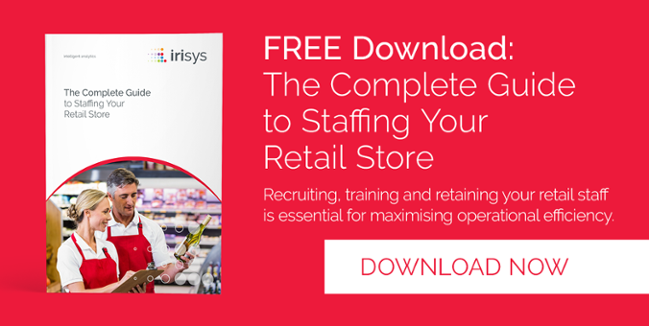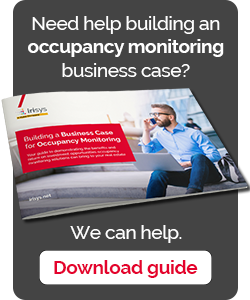How to Increase Productivity with the Same Number of Staff

If you’re keen to increase productivity within your business, the right response isn’t always going to revolve around recruitment. In fact, sometimes taking on more staff if you already have productivity issues can be problematic for a business.
If you want to address efficiency and productivity with your existing workforce – and hopefully boost results – then there are a number of ways that you can do this.
Look out for the productivity drains
New York firm Harris Interactive carried out a nationwide survey that identified some specific productivity killers in the workplace. These included:
- Noise levels. Noisy colleagues can put a stop to productivity within a team.
- Impromptu meetings. Many respondents to the Harris Interactive survey said that randomly called meetings tended to bring their productivity to a grinding halt.
- A group-oriented workplace. While many operations today are group-driven, 86% of people in the Harris survey said they were more productive when working alone.
- Wasteful face-to-face interactions. Idle gossip and water cooler chatter are a big productivity killer.
READ MORE: How Staff Affect the Productivity of a Company
Make sure your business infrastructure isn’t holding people back
In addition to the factors within a business that can act as a killer when it comes to productivity, the way that you structure the business also has a part to play. Productivity stifling influences here may include:
- A lack of delegation. If management never really delegates anything then it can take twice as long to get anything done and employees will be frustrated by the lack of trust placed in them.
- Micromanagement. Micro-managing every decision can create activity bottlenecks that mean productivity can never move beyond a certain point.
- No clear feedback. If you don’t provide staff with appraisals and feedback they won’t be aware of where they could be more productive or how to improve.
- Poor support. Training, reasonable working hours, mentoring and good management all contribute to positive productivity – without these it can be difficult for staff to perform at their best.
- A lack of unambiguous expectations. Many staff underperform on the productivity front simply because they have no idea what is expected of them, where they fit into the business or what the organisation’s goals and values are.
- Inadequate tools. If your staff don’t have the right tools for the job it’s very difficult for them to be able to be truly productive. This could be as simple as providing mobile payment technology to enable more proactive queue management and customer service.
Share this
You May Also Like
These Related Posts

How Workplace Occupancy Sensors Improve Employees’ Experience

Benefits of People Counter Technology in Manufacturing

6 Mobile Apps to Count People and Measure Occupancy
Connect with us
Need more information? Ready to get started? We're here to help, get in touch.



